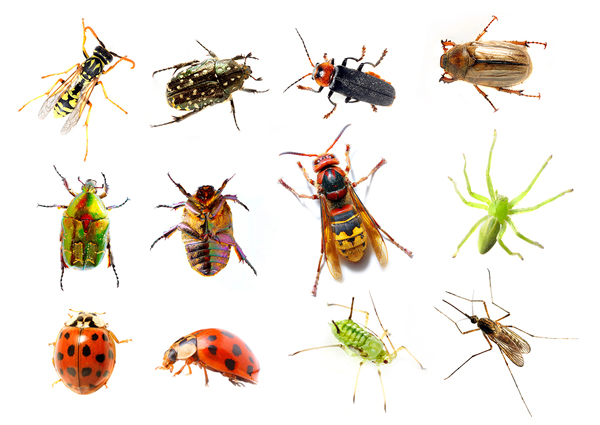Wildlife
- Squirrel
- Rat
- Bat
- Mice
- Raccoon
- Dead Animal
- Birds
- Snake
- Beaver
- Opossums
- Bobcat
- Armadillo
- Wildlife Management Programs
Domestic Animals
Pest Control
Trash Removal
Pest Control
If you are currently dealing with domestic or wildlife problems here are some quick numbers to get direction and resolutions to your animal or insect problems:
- Florida - Domestic Animals ( Cats and Dogs ): 305-884-1101
- Florida - Wildlife Removal, Control (Squirrels, Bats, Rats, etc): 877-427-1524
- Georgia - Domestic Animals ( Cats and Dogs ): 706-790-6836
- Georgia - Wildlife Removal, Control (Squirrels, Bats, Rats, etc): 877-427-1608
- Miami & Ft Lauderdale - Pest Control Services (Termites, Roaches, etc): 786-251-9640
- Palm Beach & West Palm Beach - Pest Control Services (Termites, Roaches, etc): 877-590-0462

Pests in your home are annoying, potentially embarrassing and can in some situations create an unsafe environment for young children and pets. Just knowing they are there may be enough to keep you awake at night.
Pests and diseases of agriculture threaten market access, our natural environment, public health and our food supply. Know the signs of emerging and existing pests and diseases to help protect Florida.
Each year, Florida becomes host to as many as three or four exotic pests, sometimes more. Consider those that have arrived in recent years including the Asian citrus psyllid, vector of citrus greening, a disease that has been very damaging for the citrus industry in Florida; the redbay ambrosia beetle, vector of Laurel Wilt, a fungal disease that stops the flow of water in host trees (redbay, avocado and other trees in the laurel family) causing leaves to wilt and eventually die; and the chili thrips, an insect pest that causes stunted, irregular growth on ligustrum and other species, and many more.
South Florida has its own share of exotic invaders, including the Nasutitermes corniger termite, a Caribbean termite that builds nests above ground in trees; the ficus whitefly, an insect that has defoliated ficus hedges; and even the python, an invader that threatens to upset the ecology of the Everglades.
There are many points of entry for these exotic pests including hurricane winds, shipping activities and international travel. Some of those that begin in South Florida are halted by the cooler weather of Central Florida winters, while others are expected to eventually spread further north. It's hard to imagine rooting for a cold winter, but in reflecting on these pests, it may not be a bad idea.
Some of the problems that plague commercial agriculture also are a problem for Florida gardeners. The same citrus psyllid that attacks orange groves doesn't discriminate against dooryard growers. It feeds on the new flushes of growth that typically occur in late February, late May and mid-September in North Central Florida, and if it is carrying the citrus greening disease, it will infect new trees. Usually several years are required to develop answers that address production problems while ensuring the solutions do not upset the local ecology.
Pests and Diseases of Concern
